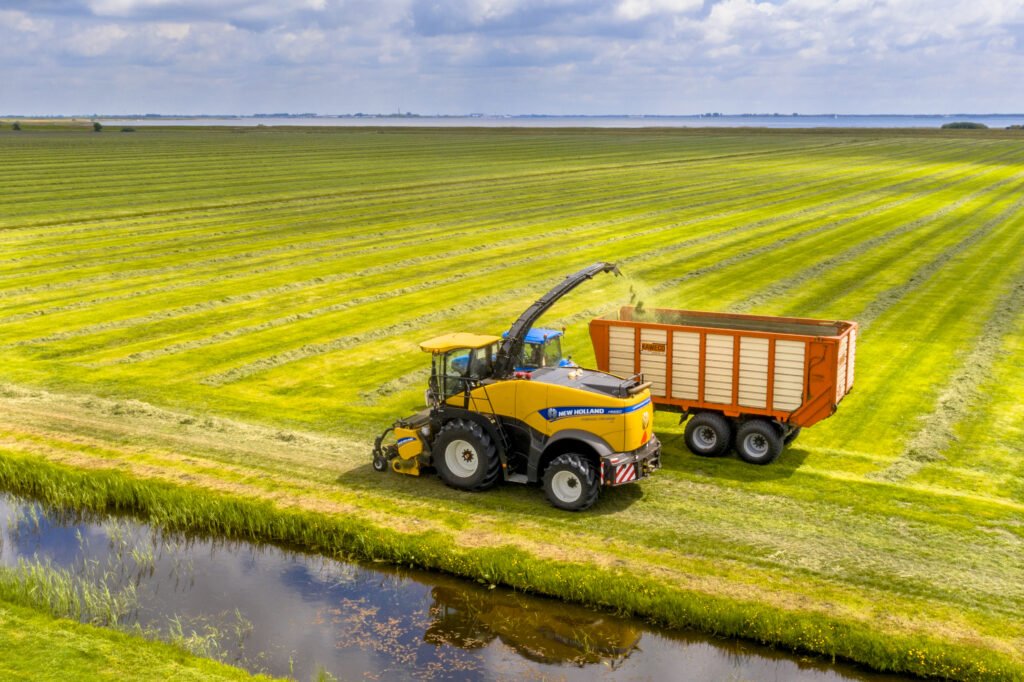
The experiences of rich countries around the world show us that they achieved the universal prosperity they currently have mainly through their industry and services sectors as the role of agriculture in strengthening the economy was gradually declining. Against this backdrop, one could ask — what role does agriculture play in a country’s economy, and how important is this sector in the industrial structure?
Aside from its traditional definition of providing and feeding the population with products, agriculture also plays an important role in the development of a country’s economy. However, it should also be noted that neither agriculture nor any other sector alone will be able to make a transformative contribution to the strengthening of the economy, since it is related to the simultaneous development of various sectors, reforms, and systemic changes.
Reducing the share of agriculture in the economy, as it was mentioned above, does not imply that the wrong steps were taken, nor that the economy had an imprecise orientation. The share of agriculture in the economies of all developed countries has been declining in accordance with development stages. This data in no way makes the rural recycling industry secondary or insignificant. A separate agricultural sector was also developing, but other sectors were progressing so rapidly that their share of the economy was shrinking significantly compared to other “advanced” sectors. Thus, agriculture can be considered a precondition for industrialization.
The agrarian sector in Georgia is considered a priority sphere. This is because the country has a long history of cultivating land and growing crops. In addition, this field is often considered by governments as a necessary one in the fight against poverty. Therefore, a lot of resources and finances are spent on reforms or programs to support agricultural development.
Despite the efforts made, the agrarian sector still faces numerous and acute problems. These include faulty infrastructure, low qualifications, lack of technology and various resources, and even information.
Land availability is another problem for Georgian agriculture. Due to the territorial size of the country and the low rate of urbanization, there are only small areas of land available to agricultural households. Small-scale production cannot be considered a large-scale business or a profitable business.
In addition to the following circumstances, the development of science and technology has significantly increased the efficiency and productivity of production. A sharp increase in yields with the help of aides is now possible. For example, Georgia produces an average of about 2.7 tons of wheat and corn per hectare, while Belgium, the Netherlands, and Ireland produce up to 9 tons per hectare. This is determined by the development of agricultural technology in Georgia, which is unfavorable compared to developed countries.
In recent years, the state has been actively involved in strengthening the agro sector. Projects such as “Plant the future”, “Produce in Georgia”, Rural Support Program, Programs Supporting Development of Agricultural Cooperatives, Preferential Agrocredit Project, and others have been implemented around this idea.
State programs are aimed at fully utilizing the potential of agriculture and replacing imports with local production.
Finally, we can say that the role of agriculture in the country’s economy is very significant, especially for developing countries with high levels of unemployment and poverty. It is important to pursue the right policies and investments that will accelerate the efficiency of many households. As a result, domestic production will reach a high level of development.
Used literature: https://mepa.gov.ge/Ge/Files/ViewFile/27243, https://www.fao.org/3/aq673ka/aq673ka.pdf ,
